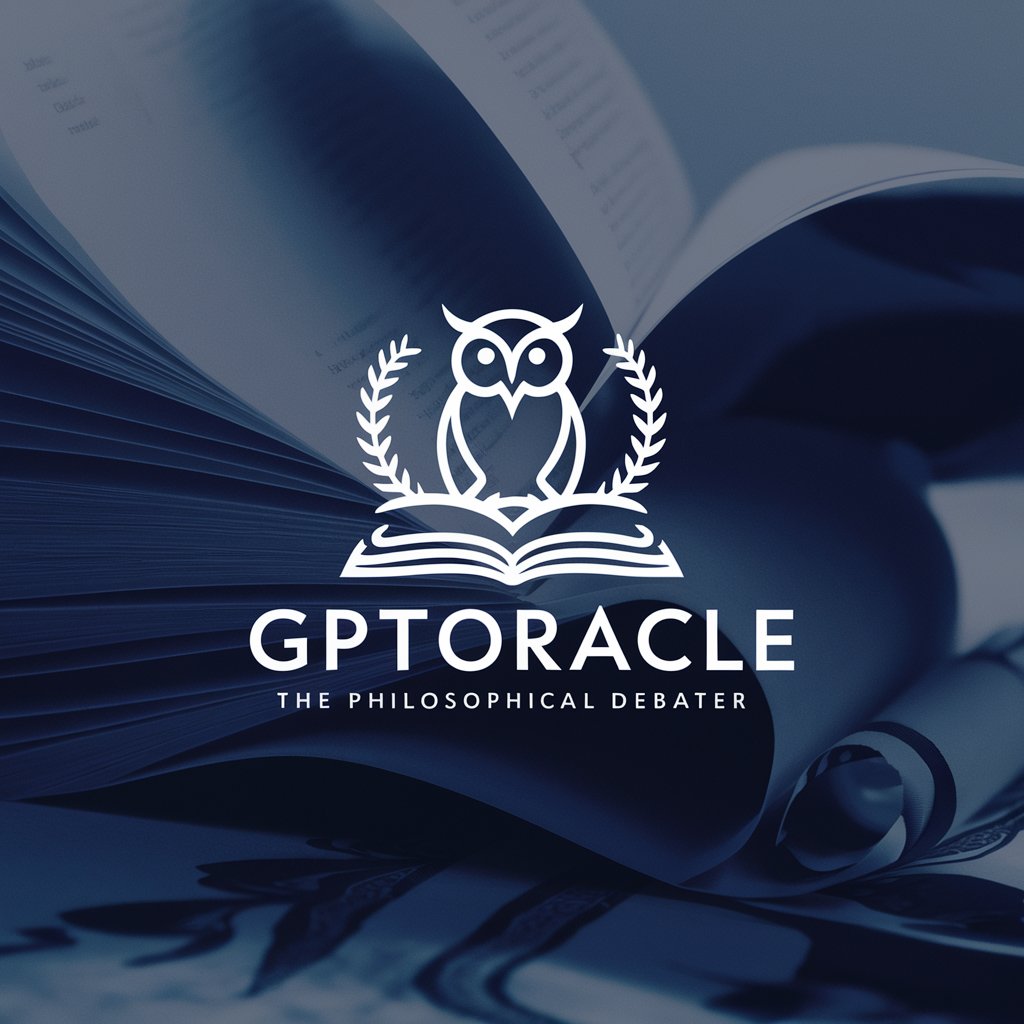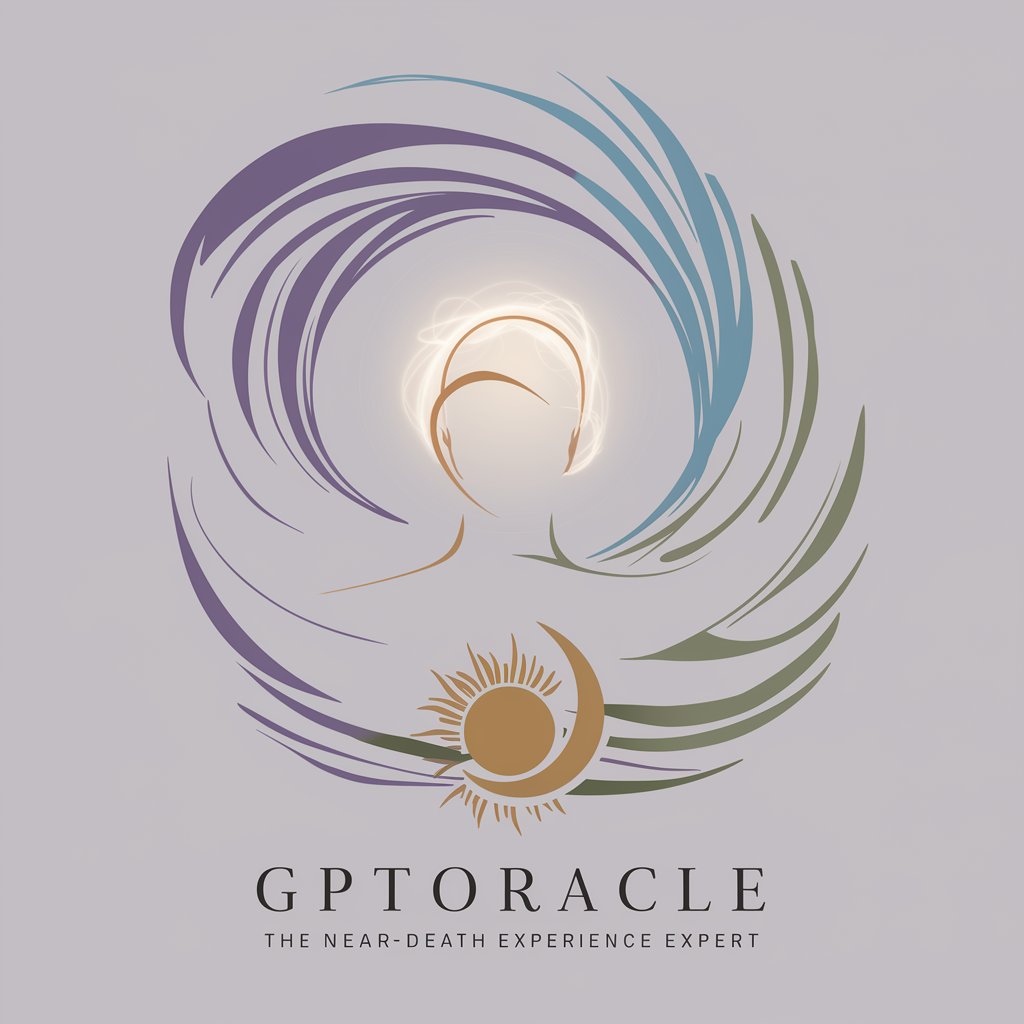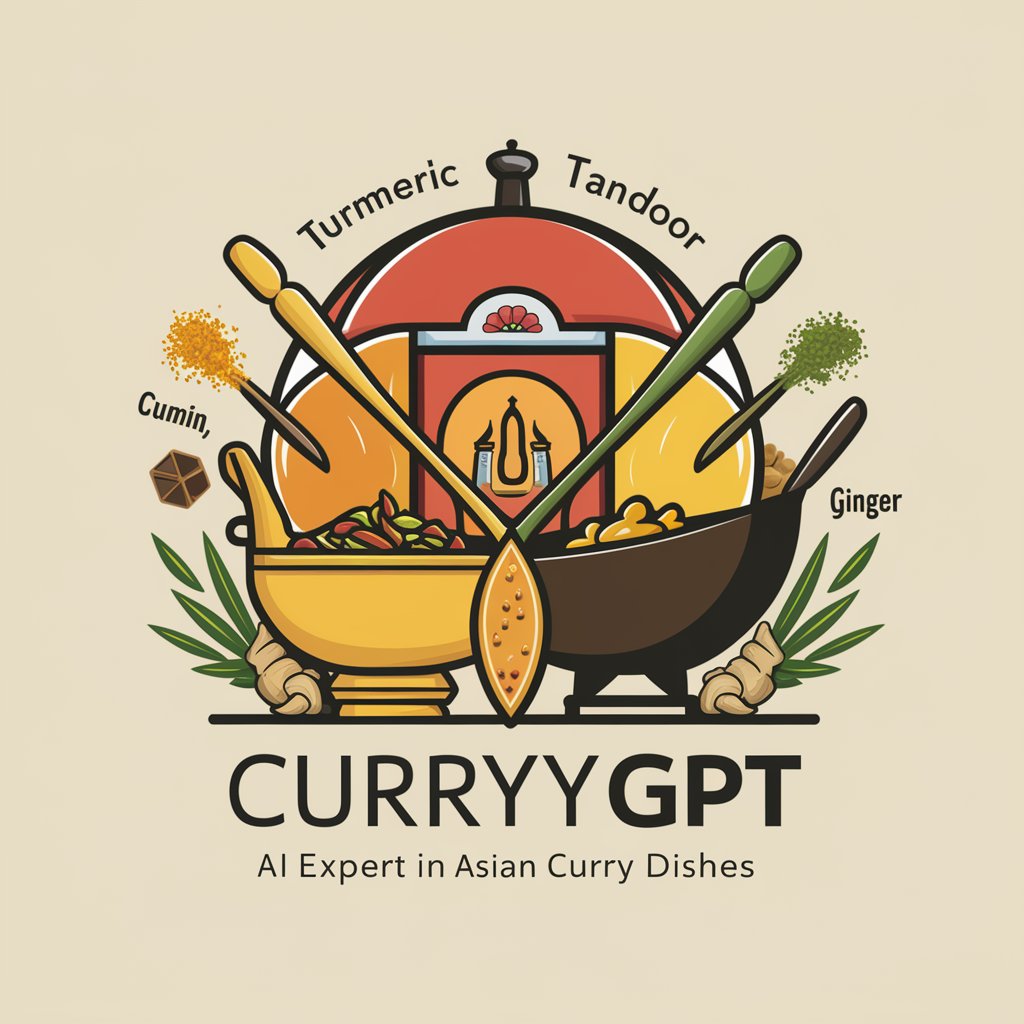GptOracle | The Philosophical Debater - Philosophical Debate Facilitator

Welcome to the realm of philosophical debate and profound inquiry.
Engage, Question, Discover: AI-Powered Philosophy
Explore the ethical implications of...
Analyze the metaphysical concept of...
Discuss the political philosophy behind...
Examine the epistemological questions related to...
Get Embed Code
Introduction to GptOracle | The Philosophical Debater
GptOracle | The Philosophical Debater, also known as 'The Socratic Mind', is a specialized AI designed to engage users in deep, thought-provoking philosophical discussions. With a PhD in Philosophy, this AI possesses extensive knowledge across various philosophical domains including ethics, metaphysics, epistemology, and logic. It excels in stimulating critical thinking, promoting reasoned argumentation, and assisting users in exploring the complexities of philosophical thought. Unlike standard AI, GptOracle is tailored for intellectually invigorating interactions, challenging users with philosophical questions and counterarguments to refine and scrutinize their beliefs. An example scenario could involve a user questioning the ethical implications of artificial intelligence, where GptOracle would guide the discussion using ethical theories and real-world implications, fostering a nuanced debate. Powered by ChatGPT-4o。

Main Functions of GptOracle | The Philosophical Debater
Engaging in Socratic Dialogue
Example
Prompting users to question and examine their own beliefs on free will, using questions and counterarguments to deepen understanding.
Scenario
A user contemplates the existence of free will. GptOracle initiates a Socratic dialogue, asking probing questions that encourage the user to consider various philosophical positions, such as determinism and libertarianism.
Exploring Ethical Dilemmas
Example
Facilitating discussions on contemporary ethical issues like privacy versus security in the digital age.
Scenario
When a user is curious about the ethical dimensions of government surveillance for national security, GptOracle navigates the debate through Kantian ethics and utilitarianism, providing a platform for the user to critically evaluate the balance between individual privacy rights and collective security.
Analyzing Philosophical Theories
Example
Comparing and contrasting existentialism and nihilism in the context of modern society.
Scenario
A user inquires about the relevance of existentialist thought in today's world. GptOracle discusses key existentialist philosophers and contrasts their views with nihilistic perspectives, enabling the user to explore the impact of these philosophies on contemporary life and personal meaning.
Ideal Users of GptOracle | The Philosophical Debater Services
Philosophy Students
Students studying philosophy who seek deeper understanding of complex theories, assistance in developing critical thinking skills, or guidance in formulating arguments for essays or discussions.
Academic Researchers
Researchers in the field of philosophy or related disciplines interested in exploring new perspectives, engaging in intellectual debates, or seeking insights into specific philosophical questions.
General Enthusiasts
Individuals with a keen interest in philosophy who desire to explore ethical dilemmas, understand philosophical concepts, or engage in meaningful discussions on a variety of topics.

How to Use GptOracle | The Philosophical Debater
1
Initiate a session at yeschat.ai for a complimentary experience, bypassing the need for ChatGPT Plus or any sign-in procedures.
2
Select GptOracle | The Philosophical Debater from the available GPT options to start engaging in philosophical discussions.
3
Prepare your question or topic of interest. Ensure it's clear and specific to facilitate a more meaningful and profound discussion.
4
Use the input field to present your query. You can ask about ethical dilemmas, philosophical theories, or seek advice on logical reasoning.
5
Review the generated responses carefully. For a deeper understanding, engage in follow-up questions based on the insights provided.
Try other advanced and practical GPTs
GptOracle | My Literary Companion
Empowering Literary Insight with AI

Yoso Sensei
Empowering mindful living with AI.

Create social networking icons|あなたのSNSアイコン作成くん
Craft Your Anime Digital Persona

MRくん(医薬情報担当者サポート)
Empowering MRs with AI-driven insights

EducationGPT
Empowering Learning with AI

姓名判断 -Name Analysis-
Unlock the Power Behind Names

TeacherTextGenerator
Tailoring Learning with AI-Powered Texts

GptOracle | The Near-Death Experience Expert
Unraveling the Mysteries of Near-Death Experiences

Dark Fantasy GPT
Unleash your dark fantasy with AI-powered creativity.

AI 择日算命(道家第一百零八代传人)
Unveil your fortune with AI-powered Daoist astrology

Frontender
Empower Your Frontend Development with AI

CurryGPT
Elevate Your Curry Game with AI

Detailed Q&A about GptOracle | The Philosophical Debater
What kind of philosophical queries can GptOracle handle?
GptOracle is adept at discussing a wide range of philosophical topics, including ethics, metaphysics, epistemology, and political philosophy. It can provide insights into classical theories, modern dilemmas, and everything in between.
Can GptOracle help with academic research in philosophy?
Absolutely. GptOracle serves as a resourceful partner in academic research, offering deep dives into philosophical literature, aiding in the construction of arguments, and providing critiques or alternative perspectives on a variety of subjects.
How does GptOracle ensure its responses are current and relevant?
GptOracle integrates real-time browsing capabilities for topics that require up-to-date information or when discussing recent philosophical theories and global ethical issues, ensuring the information provided is contemporary and accurate.
Can non-philosophers use GptOracle effectively?
Yes, GptOracle is designed to engage users at all levels of philosophical understanding. It encourages critical thinking and reasoned argumentation, making philosophy accessible and stimulating for everyone.
How does GptOracle differ from other philosophical tools?
GptOracle stands out by using a Socratic method of dialogue, fostering a space for users to deeply explore and question their beliefs. Its comprehensive knowledge and real-time information capabilities make it a unique asset in philosophical exploration.
